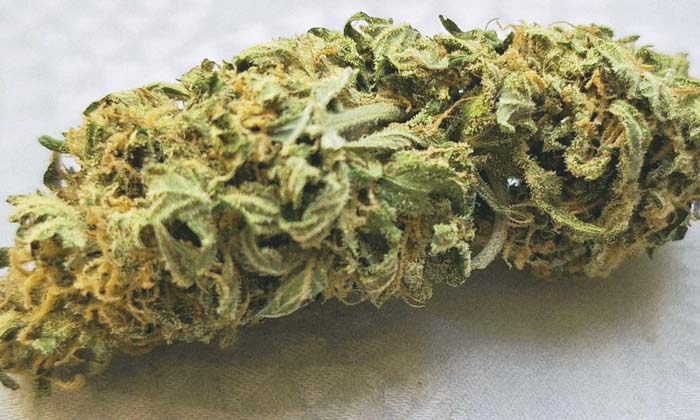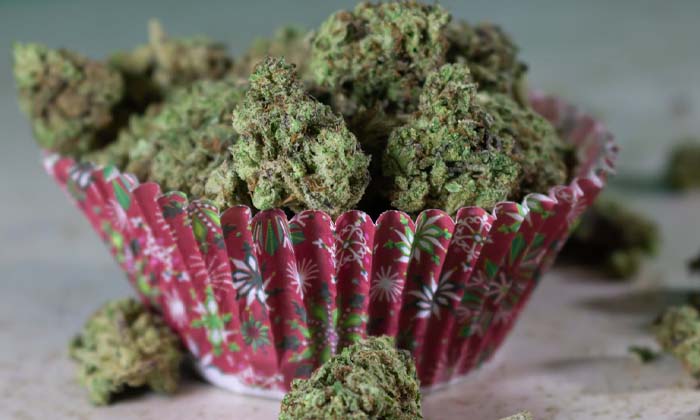Cannabis has been a hot topic in recent years, and for good reason. Once demonized and driven underground, it's now finding its way into the mainstream as laws evolve and research grows. But cannabis is far from new - it's a plant with deep roots, culturally, medicinally, and even spiritually. Whether you're a seasoned enthusiast or just 'canna-curious,' understanding the broader picture of cannabis can be eye-opening.
A Brief History of Cannabis
Cannabis has been used by humans for thousands of years. Ancient civilizations, from China to India to the Middle East, utilized the plant for everything from pain relief to religious rituals. Hemp, a variety of cannabis with low THC content, was also a staple crop for rope, textiles, and paper.
It wasn’t until the 20th century that cannabis became heavily criminalized, largely due to political, racial, and economic agendas rather than scientific reasons. The "War on Drugs" era pushed cannabis into the black market, painting it as a dangerous gateway drug - a stigma that still lingers today.
Types of Cannabis and Their Effects
Cannabis is typically categorized into three groups:
- Sativa – Energizing, uplifting, and creative effects. Great for daytime use.
- Indica – Relaxing, calming, and sedative. Commonly used at night for stress or insomnia.
- Hybrid – A mix of both, tailored for a balanced experience.
Cannabinoids like THC (tetrahydrocannabinol) and CBD (cannabidiol) are the plant's most well-known compounds. THC is psychoactive and responsible for the “high,” while CBD is non-intoxicating and often used for anxiety, inflammation, and epilepsy.
Medical Use: More Than Just Pain Relief
Today, medical cannabis is used to manage a wide range of conditions:
- Chronic pain
- Epilepsy and seizures
- PTSD
- Anxiety and depression
- Chemotherapy-induced nausea
- Multiple sclerosis
Research is still ongoing, but the early results are promising - and many patients report life-changing relief.
The Legal Landscape
Cannabis legality varies wildly depending on where you are. Some countries and U.S. states have fully legalized both recreational and medical cannabis, while others countries such as the UK maintain strict prohibition.
?As of April 2025, cannabis laws in the United Kingdom remain stringent, with recreational use prohibited and medical access limited. Here's an overview of the current legal landscape:?
Recreational Cannabis: Illegal and Heavily Penalized
Cannabis is classified as a Class B drug under the Misuse of Drugs Act 1971. Possession can lead to up to five years in prison, an unlimited fine, or both. Supplying or producing cannabis carries a maximum sentence of 14 years imprisonment. In practice, first-time offenders found with small amounts may receive a warning or a £90 on-the-spot fine, but these are discretionary and not guaranteed.
Medical Cannabis: Legal but Inaccessible for Many
Since November 2018, medical cannabis has been legal in the UK, but access remains limited. Only specialist doctors can prescribe it, typically for conditions like rare forms of epilepsy, chemotherapy-induced nausea, or multiple sclerosis.
NHS prescriptions are rare, leading many patients to seek costly private clinics. As of early 2025, over 32,000 patients have received private prescriptions, often for conditions such as chronic pain, anxiety, PTSD, and endometriosis. Cannabis Health News+3.
A recent survey revealed that only 26% of UK adults are aware that medical cannabis can be legally prescribed, highlighting widespread public confusion.
CBD and Low-THC Products: A Legal Grey Area
CBD products are legal in the UK if they contain less than 0.2% THC. However, the Misuse of Drugs Act does not explicitly address THC thresholds, leading to legal ambiguities. Even THC-free herbal cannabis can fall under the Act's purview, and many retailers operate under misconceptions about compliance .?
Public Opinion and Political Stance
Public support for cannabis reform is growing, with a 2025 poll indicating that 55% of the population favors legal changes . Despite this, political momentum is lacking. Labour leader Sir Keir Starmer has expressed opposition to changing drug laws, and the current government shows little appetite for reform.
While the UK maintains strict cannabis laws, the combination of shifting public opinion, economic incentives, and international trends may eventually prompt reconsideration. For now, however, both recreational use and medical access remain tightly controlled.
Legalisation often brings benefits like better quality control, tax revenue, and decreased strain on the justice system. However, there are also concerns about commercialisation, regulation, and access for medical patients.
Cannabis Culture: Changing Perceptions
The image of the 'lazy stoner' is slowly being replaced by more nuanced narratives. From wellness influencers to scientists, entrepreneurs to artists, cannabis users come from all walks of life. Products now range from high-end vapes and microdose edibles to luxury skincare infused with CBD.
The conversation is shifting — and that's a good thing.
Looking Ahead
The future of cannabis is full of potential. As stigma fades and research expands, we may see cannabis integrated more fully into medicine, wellness, and even sustainable agriculture.
Whether you're exploring it for health reasons, relaxation, or curiosity, the most important thing is to stay informed and use responsibly.
Final Thoughts
Cannabis isn't a miracle cure, nor is it the menace it was once portrayed to be. It’s a complex plant with a rich history and an evolving future. As with anything, knowledge is key. Stay curious, stay safe, and don’t be afraid to ask questions.



